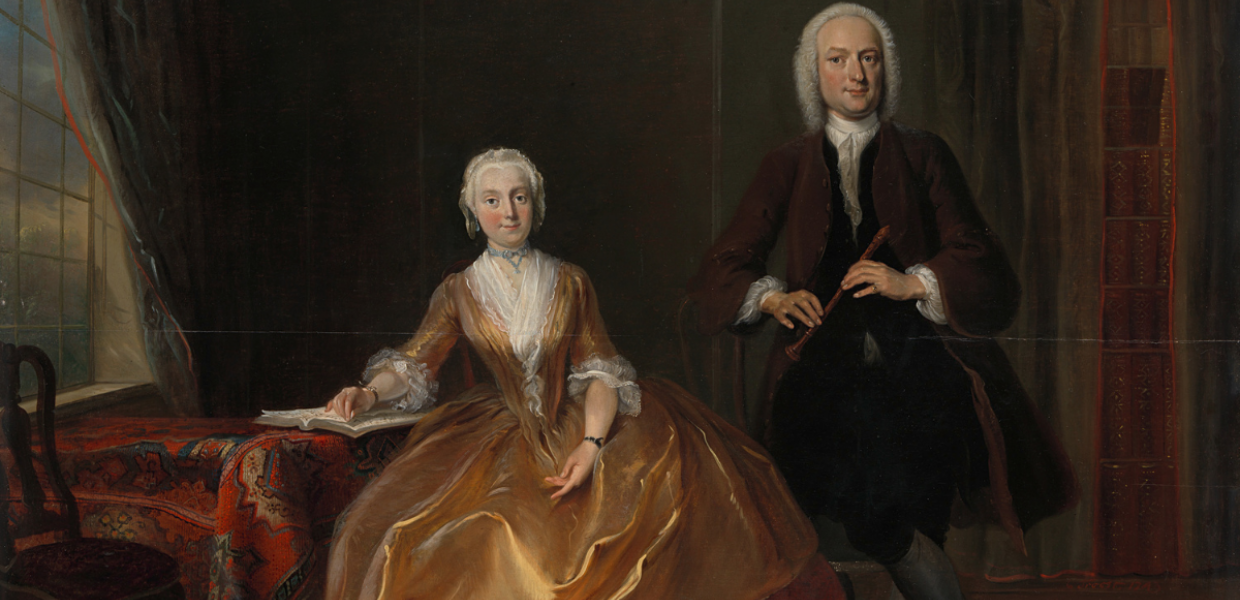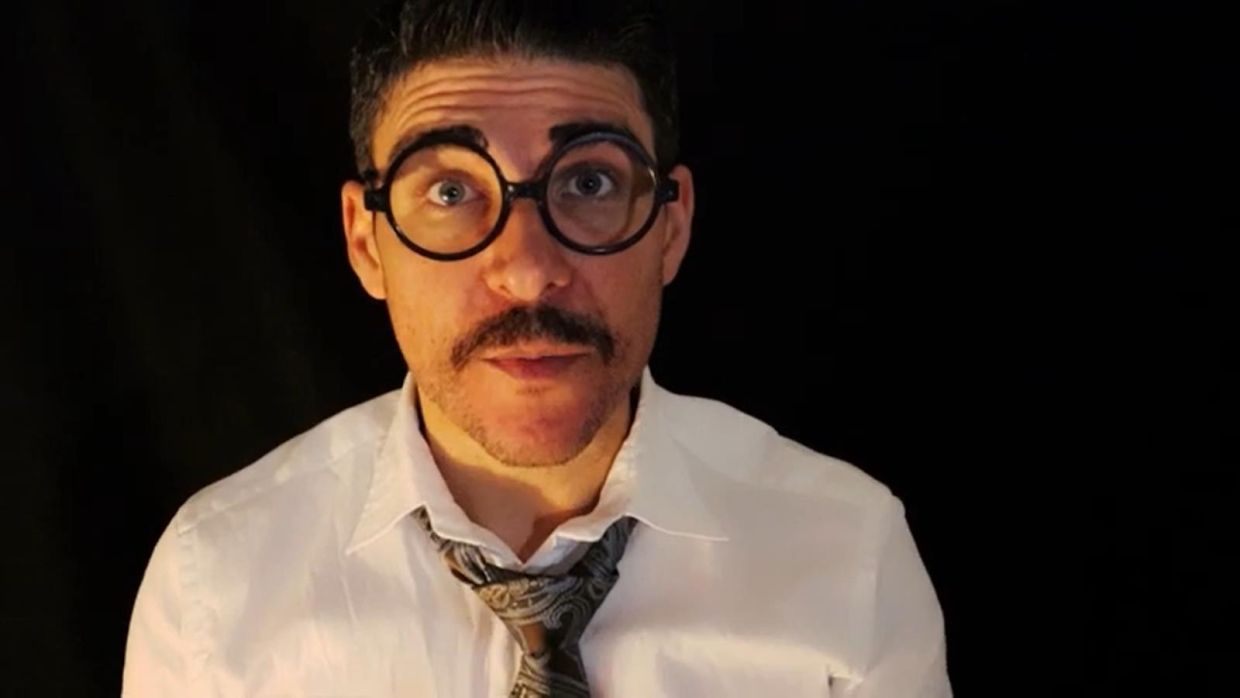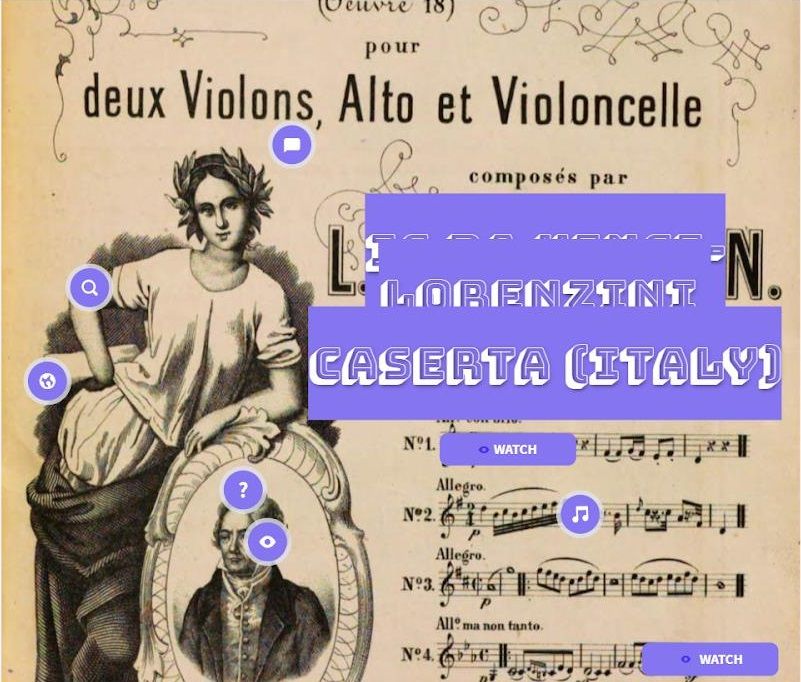About the challenge
250 years ago, on 16 December 1770, Ludwig van Beethoven was born in Bonn, Germany. Cultural heritage institutions around Europe have organised concerts, exhibitions, talks and the #Beethoven250 event to celebrate the anniversary, and the Europeana Education community was eager to join! In October, we launched #reinventingBeethoven, a creative, educational challenge for students in primary and secondary schools.
The challenge aimed to encourage students’ creativity with cultural heritage resources from the Europeana website and to introduce music as a powerful educational tool in the classroom for all subjects. We invited teachers to introduce Beethoven’s life and work to students and coordinate the creation of an artwork, with prizes for the most popular pieces. We suggested that they use the Europena website, editorials and educational resources for inspiration, and explore the collections of other relevant museums.
Engaging students and teachers
Engaging young learners with cultural heritage resources can be a fantastic way for them to explore historical and diverse topics, but we understand that teachers are sometimes limited on the time they can dedicate to these. For the #reinventingBeethoven challenge, Europeana Education tried to make participating as easy as possibly by producing resources, content and guidelines for teachers to use.
We published content on the Europeana website to engage young audiences in the challenges, including a new gallery called 'Life and works of Beethoven' and two blog posts 'Beethoven's Ode to Joy: a cultural kaleidoscope' and 'Geniuses and their (dis)abilities'. These covered two key topics related to the challenge, and a Historiana’s source collection encouraged students to learn more about the socio-historical context around Beethoven’s life and work.
Entries and voting
The competition ran from 26 October until 3 December, and we were delighted to see 28 groups of students from 11 countries around the world take part. On 10 December, we invited our online followers and jury (composed of (Altheo Valentini, Co-Chair of the Europeana Education community; Giuseppe Mossuti, Project Manager at European Schoolnet; and Lorraine Besnier, Junior Project Manager at EuroClio) to vote on 13 of these artworks to select two winners.
Voting took place via the tool Padlet, and the call for votes was published on Europeana Education Facebook Group, where it was enthusiastically shared by members. In total 12,716 votes were collected!
The winners
The #reinventingBeethoven Jury Award goes to the Happy Birthday Beethoven project created by 11-14 year-old students, coordinated by Elisabetta Nanni from the IC Rovereto Nord (Rovereto, Italy). The project created an interactive exhibition around Beethoven’s life and work and an escape room in Beethoven’s Bonn house.



.jpg)


